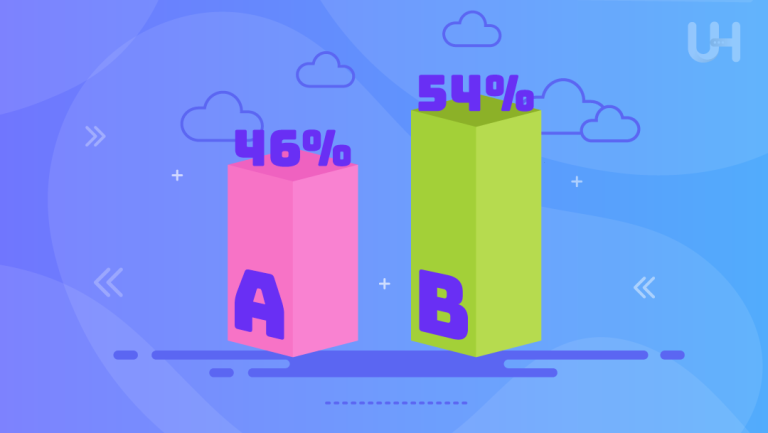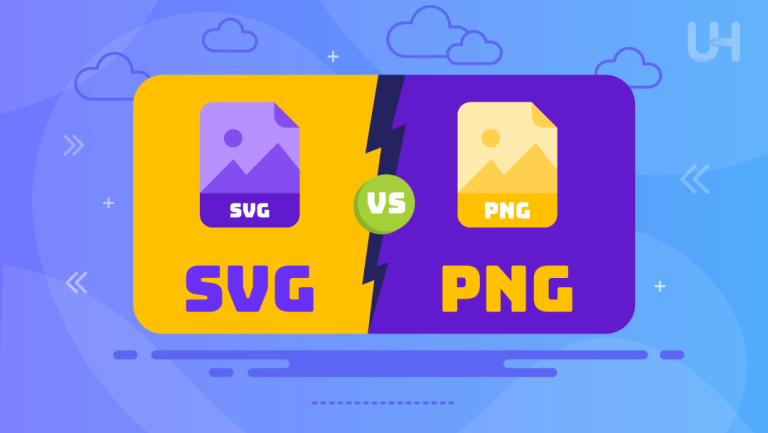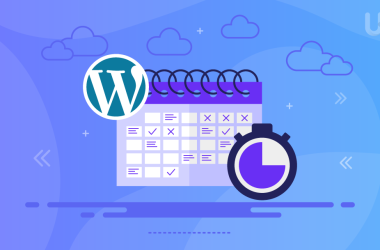Did you know, 20.1% of Google SERPs contain images in 2024? This means images are a great source of generating website traffic. So, if you aren’t optimizing images for SEO, you are missing out on a massive organic outreach opportunity. So, how do you get to that traffic source? Well, with image alt text. What is an alt text? That is what we will discuss here.
Uploading images without optimizing the alt text for SEO can negatively impact your website’s SERP score. This is because search engines, such as Google, Bing, and Yahoo, crawl web pages to understand the context. Without image alt text, these bots don’t get clear context. In this article, we explain the importance of alt text, demonstrate how to write image alt text, and share the best practices for optimizing alt text for SEO. Let’s dive in!
What is Alt Text Meaning?
Alt text is the written copy that appears in place of the image if it fails to render on the user’s screen. It describes the image and conveys its relevance to the document or webpage. The text allows screen-reading software to describe images to the visually impaired audience and search engines to crawl and rank your website on SERPs.
Also called alternative text, alt attributes, alt descriptions, and alt tags, these are inserted within the HTML code or in dedicated fields provided by your Content Management System (CMS), like WordPress or Joomla. The text within the alt attribute acts as a substitute for the image, improving the website’s SEO score.
The Importance of Image Alt Text
Image alt text is important for three crucial reasons. Let’s walk you through them in detail.
Accessibility
The W3C published the Web Content Accessibility Guidelines 1.0 in 1993 explaining how to make content accessible for differently-abled users. Among these guidelines were “provide equivalent alternatives to auditory and visual content.” This means any webpage with images should include alternate descriptions for visual and auditory content for the readers’ convenience.
User Experience
Alt tags enhance usability and accessibility for all. For example, say a user has limited bandwidth and your images don’t load on their screen. So, instead of just viewing a broken link icon, they can read the alt text to understand the message conveyed by the image. This enhances the user experience and makes everyone feel included.
Traffic
By describing the contents of an image, alt tags help them surface in Google search results. Images appearing in Google Images and image packs increase your website’s SERP rankings and boost organic traffic. You can also follow these expert tips to improve Google search rankings. Modern CMSs like WordPress have dedicated fields for adding image alt text. If you use a WordPress gallery plugin like Envira Gallery, you will find the alt text box below each image in the gallery.
How Does Alt Text Impact SEO?
By providing context to image contents, alt text keeps search engine crawlers informed, allowing them to correctly index images. Therefore, by correctly setting up alt tags, you optimize images for web crawlers, improving the overall SEO score. Alt text plays an essential part in situations where browsers fail to load images due to low bandwidth.
If your website is taking eons to load, use a WordPress performance plugin to boost page load speed. You can also upgrade to a 10gbps dedicated server for maximum performance.
The alt text appears in place of the image, describing what the image depicts. The core purpose of alt text is to describe the contents of an image so that visitors who can’t view the image can still figure out what the image is about. This gives context to your content and allows search crawlers to index web pages better. Just as alt text for images improves user experience, a DDoS-protected web hosting plan increases uptime so your website is available round the clock.
How to Write Good Alt Text?
Here are three tips for writing good alt tags to improve website accessibility and SEO.
Add Alt Text to the Right Images
Don’t write alt tags for decorative images, such as the one below. These descriptions can distract visually impaired audiences instead of adding value to their lives. You can add a null attribute instead: <img src=”decorative-image-title.jpg” alt=””> This informs screen readers to ignore the image.

Failing to add a null attribute will result in screen readers reading the image name, which could confuse the listener and spoil the user experience. For best results, you should write the alt text for all other images, such as:
- Images of useful text, such as screenshots of social media posts
- Photos providing supplementary information like offers and promotions
- Charts illustrating essential data
- Graphics demonstrating how things work
Describe the Image Using the Fewest Words Possible
Alt tags must be precise and concise for best results. Therefore, you should only write what the image is showing. So, when writing the alt text, think carefully about how you would like to describe the image to a person over the telephone.
Avoid photo credits, redundant phrases like “the image of,” “a photograph of,” etc., and information already provided in the image caption or body copy. You should limit the alt text to 125 characters since most screen readers can’t read longer texts.
Include a Keyword
Adding relevant keywords to alt tags can help search crawlers identify the context of the image. This will help the image rank higher on SERPs. You must identify the right keywords to include in your alt text. Research tools like Google Analytics and keyword-finding software will make your life easier.
Best Practices for Writing Alt Text
The best alt text for SEO is short yet descriptive. Here are seven best practices that will help you write better alt tags.
Be Descriptive and Specific
Describe the image using the fewest words possible without changing the context.
Provide Context
If the image doesn’t immediately relate to the body copy, you can provide context using the alt attribute.
Elevate Your Business with IP Dedicated Server Hosting
Upgrade your website to handle more traffic with Ultahost’s IP Dedicated Server Hosting solutions. Enjoy exceptional performance, enterprise-grade security, and 24/7 support.
Stick to 125 Characters
Screen-reading tools typically can’t read past 125 characters. So, it makes sense to keep the alt text short and to the point.
Avoid Monotonous Phrases
Since you must work with limited real estate, avoid phrases like “image of” or “photograph of” that don’t add value to the description.
Use Keywords Sparingly
Only include keywords that fit the context. You can also include semantic or long-tail keywords if those fit better.
Review Spelling Errors
Misspelled words in the alt text could confuse screen readers and hurt the user experience. Check for common spelling errors before publishing the page or post.
Don’t Add Alt Text to All Images
You should only add alt text to images that need describing. Avoid adding alt text to decorative images as it serves no purpose.
Conclusion
Now that you understand what is alt text, why it’s essential, and how to write better alt tags, you are all set to boost your website’s SERP rankings. We recommend practicing till you master the art of writing precise and concise alt tags. Don’t be afraid of experimenting or making mistakes. The key is to identify what works and do more of it.
Looking for a reliable and affordable hosting solution for your website? Try Ultahost’s Offshore Server Hosting plans, offering reliable IP addresses, guaranteed 99.99% uptime, and premium support, starting at just $5.50/month.
FAQ
What is alt text in SEO?
Alt text is the text that appears in place of the image when it fails to load on the viewer’s screen. Screen reading tools can read this text to provide context to visually challenged users.
What does alt text do?
The alt text describes the image in context to the body copy. It is indexed by search engines and read by screen reading tools for viewers’ convenience.
What is an example of a poor alt text?
A poor alt text is badly written, vague, and long. Your alts tags must be short and descriptive.
Is alt text hidden?
Alt text is embedded in the page’s HTML code. So, even if you can’t see it on the frontend, it helps SEO and allows screen reading tools to provide context to visually impaired audiences.
Who benefits from alt text?
Alt text lets screen reading tools read the information aloud for the benefit of visually impaired individuals.










